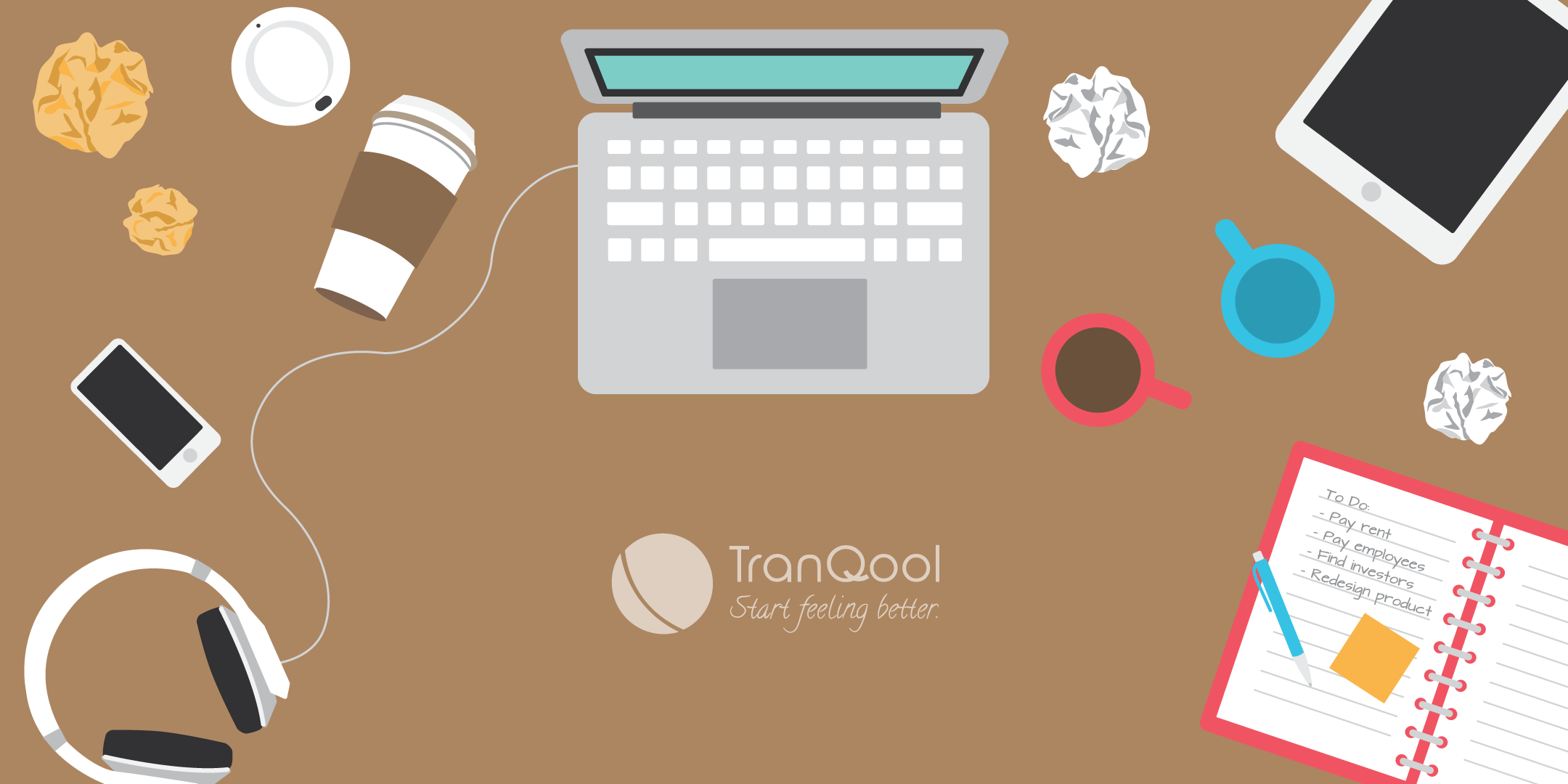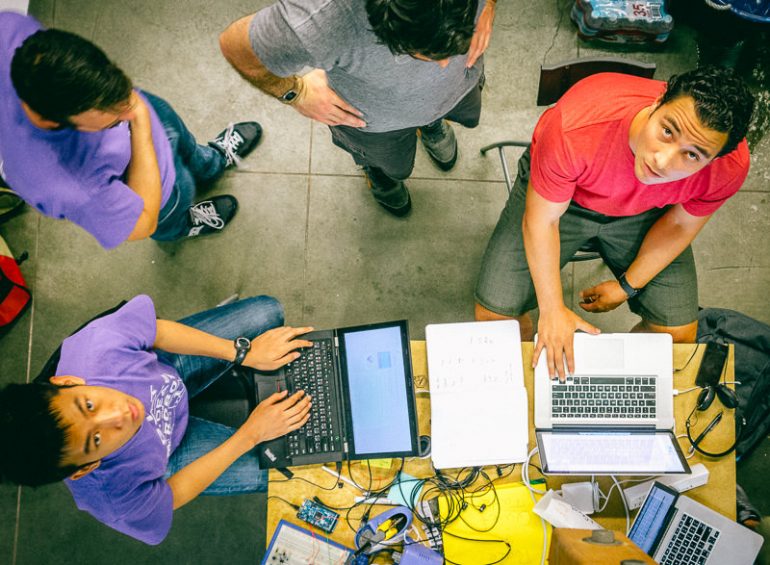According to a Queen’s University study in 2013, Canada’s workplace levels of stress have doubled since 2009, and financial stress has tripled. When you’re a startup founder, these stressors are placed solely on your shoulders. Being the leader means receiving pats on the back when you succeed, but when you fail, the responsibility is yours and yours alone.
It’s no surprise then that entrepreneurs self-report on mental health conditions, such as depression and substance abuse, more often than the general public does. In fact, 72% of entrepreneurs report being affected by mental health conditions, and a third of them claim to be affected by two or more issues. With awareness about mental illness becoming more prevalent in our personal and professional lives, a new level of understanding is going a long way in making a dent in these issues, and new programs are helping startup founders and their employees stay healthy, both mentally and physically.
The Founder Blues
It’s no surprise that entrepreneurs self-report on mental health conditions, such as depression and substance abuse, more often. A startup can feel like a pressure cooker.
A startup can feel like a pressure cooker, and those stressors are making “startup depression” or “founder’s blues” all too common. The pressure of running a company, the personal nature of your business failures, and a constant state of uncertainty can lead to intense anxiety. A founder’s once-passionate perspective can transform into an unstable frame of mind – obsessive thoughts, cycles of withdrawal and engagement, and low self-worth. All these factors, compounded by stress, isolation, long work hours, and lack of self-care can lead to depression.
Stories of startup founders quietly suffering are more commonly leading to shocking suicides. Last year Austen Heinz, a biotech entrepreneur and founder of Cambrian Genomics, took his own life after struggling with depression. In 2013, two high-profile suicides rocked the community within weeks of each other: Aaron Swartz, co-founder of Reddit, and Jody Sherman, founder of Ecomom, both took their own lives – at the time of their deaths Swartz was under indictment for data theft, while Sherman’s startup had recently failed. While these cases are devastating, they’ve opened up the discussion on mental health issues and forced the startup ecosystem to examine the pressures founders face daily.
Self-care trends
To combat these worrying trends, we’re seeing an emergence of programs that legitimize newer concepts such as fatigue management and preventative healthcare. The most progressive companies take care of their employees to remain competitive in attracting talent, but now even more traditional workplaces are exploring the link between an employee’s physical and mental health and a company’s bottom line. It’s well-documented that having a team of healthy workers means increased productivity and decreased absenteeism, as well as less costly drug and long-term disability claims down the road.
The rise of Millennial workers is also driving the demand for more complete healthcare. These employees want options such as naturopathic medicine, mental health counselling, fitness subsidiaries, and innovative Employee Assistance Programs (EAPs) to be brought into benefits packages, often via apps and on-demand services.

What’s an EAP?
Employee Assistance Programs are on-demand counselling services available through a number of platforms. An EAP can be designed to assist in matters including marital and family issues, substance abuse and addiction, anxiety and depression, and extreme stress.
They solve many of the traditional roadblocks faced when someone is searching for help with mental health. A there-when-you-need-it service, EAPs are low-commitment, time-saving, judgement-free and completely anonymous. They’re also less costly than traditional insurance options, saving companies 20-30% on their mental health claims, with many costing only a few dollars per month per employee. North American businesses have seen a 7% increase in the use of EAPs and corporate wellness services, and this trend is continuing to grow among companies both interested in preserving their bottom line, and keeping their offerings cutting-edge to attract talent in competitive fields.
Interestingly, many of the companies that will lessen startup depression are startups themselves. TranQool, a Toronto-based EAP that launched recently, allows users to connect with trained and licensed therapists via video chat. Founder Chakameh Shafii started the company after struggling with stress and severe anxiety, with the simple mission to bring affordable mental healthcare to all Canadians. Look for their worldwide expansion in 2016, and in the meantime, talk to your insurance provider about your EAP options. There are hundreds to choose from, and you might be giving your staff – and yourself – a huge leg up over startup depressions
Feature image courtesy Hack Things.

